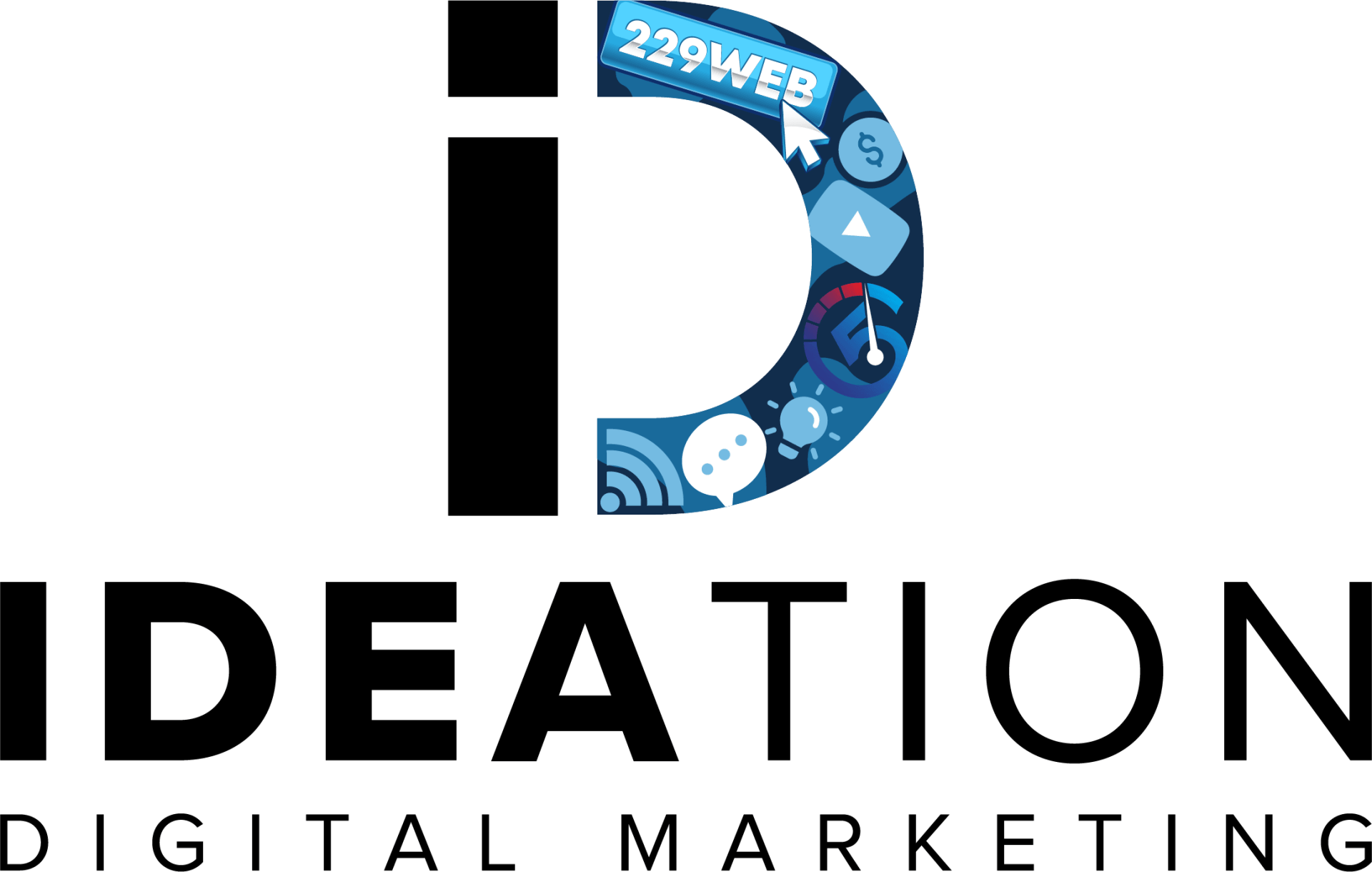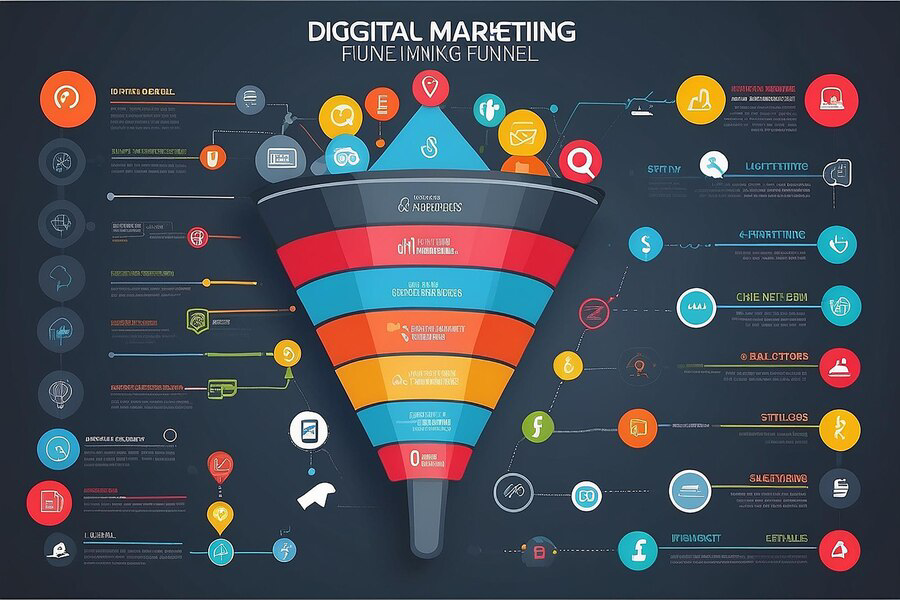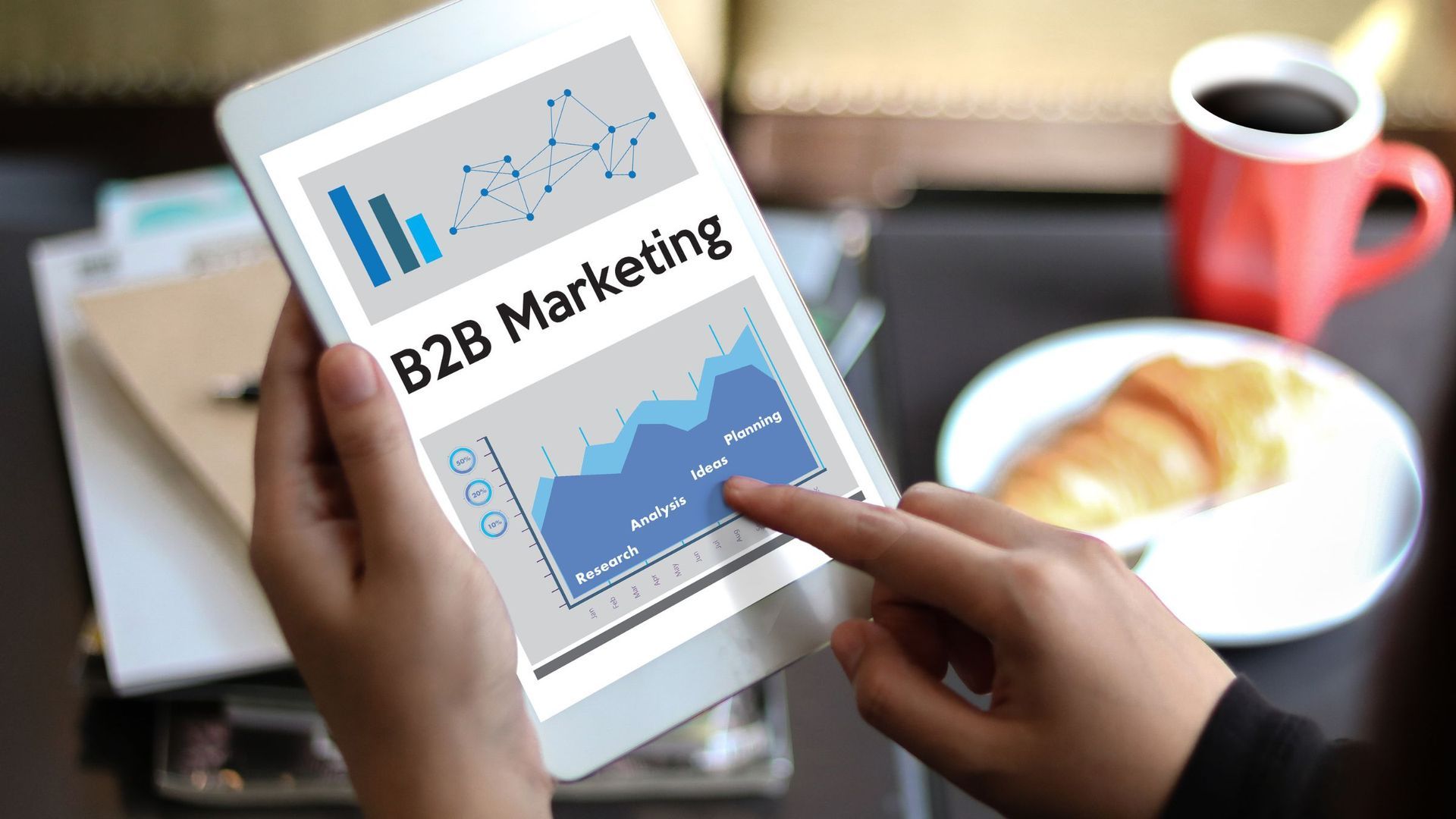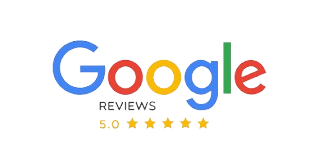How to Integrate SEO Services into Your Marketing Plan
Mastering Search Engine Optimization (SEO) is crucial for any business aiming to enhance its online visibility and drive organic traffic. Integrating SEO services into your marketing plan can significantly boost your website's ranking on search engine results pages (SERPs), ensuring your content reaches the right audience at the right time.
SEO involves a strategic approach to optimizing your website's content, structure, and authority so that search engines like Google rank it higher for relevant keywords. By aligning your
marketing efforts with robust SEO practices, you can attract more qualified leads, increase conversions, and ultimately, achieve long-term business growth. This blog will delve into practical strategies and tips on how to seamlessly integrate SEO into your marketing strategy, empowering you to leverage its power effectively and stay ahead of the competition in the digital marketplace. Whether you're a small startup or an established enterprise, harnessing the potential of SEO can make a substantial difference in your online presence and overall marketing effectiveness.
Integrating SEO with Paid Advertising Campaign
In the ever-evolving landscape of digital marketing, the integration of Search Engine Optimization (SEO) with Paid Advertising Campaigns has become crucial for maximizing online visibility and achieving marketing goals. Both SEO and paid advertising are powerful tools in their own right, but when combined strategically, they can amplify results and drive substantial traffic to your website. This synergy not only enhances brand visibility across search engines but also optimizes your marketing budget by targeting users at different stages of the buying journey.
Aligning Keyword Strategy
Effective integration begins with aligning keyword strategies between SEO and paid campaigns. SEO focuses on organic search terms that drive long-term traffic, while paid advertising can target high-intent keywords for immediate results. By identifying and prioritizing keywords that perform well in both realms, you can achieve consistent visibility across organic and paid search results.

Coordinated Content Development
Content is the backbone of both SEO and paid campaigns. Coordinating your content strategy ensures consistency in messaging and maximizes keyword relevance. Develop landing pages, blog posts, and ad copy that resonate with your target audience's search intent, whether they are searching organically or through paid channels.
Enhanced Audience Targeting
Paid advertising platforms offer robust audience targeting options based on demographics, interests, and behaviors. By leveraging SEO insights on your audience's search behaviors and preferences, you can refine your paid campaigns to reach the right audience segments effectively. This targeted approach increases ad relevance and improves click-through rates (CTRs) and conversions.
Amplifying Brand Awareness
SEO efforts, such as optimizing content for featured snippets and improving organic rankings, can complement paid advertising's role in brand awareness. A cohesive strategy ensures that your brand appears prominently in both organic search results and paid ads, reinforcing credibility and visibility among your target audience.
Utilizing Data Synergies
Integrating SEO and paid advertising allows for comprehensive data analysis and insights. By analyzing shared metrics such as keyword performance, conversion rates, and ROI, you can gain a holistic view of your marketing efforts. These insights enable informed decision-making and continuous optimization of both SEO and paid campaigns for better overall performance.
Harnessing the Power of Local SEO
In today's digital age, where online presence can make or break a business, harnessing the power of Local SEO (Search Engine Optimization) has become indispensable. Local SEO is a specialized branch of SEO that focuses on optimizing a business's online presence to attract more business from relevant local searches. For small businesses and enterprises alike, mastering local SEO can significantly boost visibility in local markets, drive foot traffic to physical stores, and increase online sales. This guide explores eight effective strategies to harness the power of Local SEO and propel your business forward.
Claim and Optimize Your Google My Business Listing
One of the foundational steps in local SEO is claiming and optimizing your Google My Business (GMB) listing. This free tool from Google allows businesses to manage their online presence across Google, including Search and Maps. Ensure all information such as business name, address, phone number (NAP), website URL, and business hours are accurate and consistent across all platforms. Add high-quality photos, encourage customer reviews, and regularly update posts to enhance engagement and credibility.
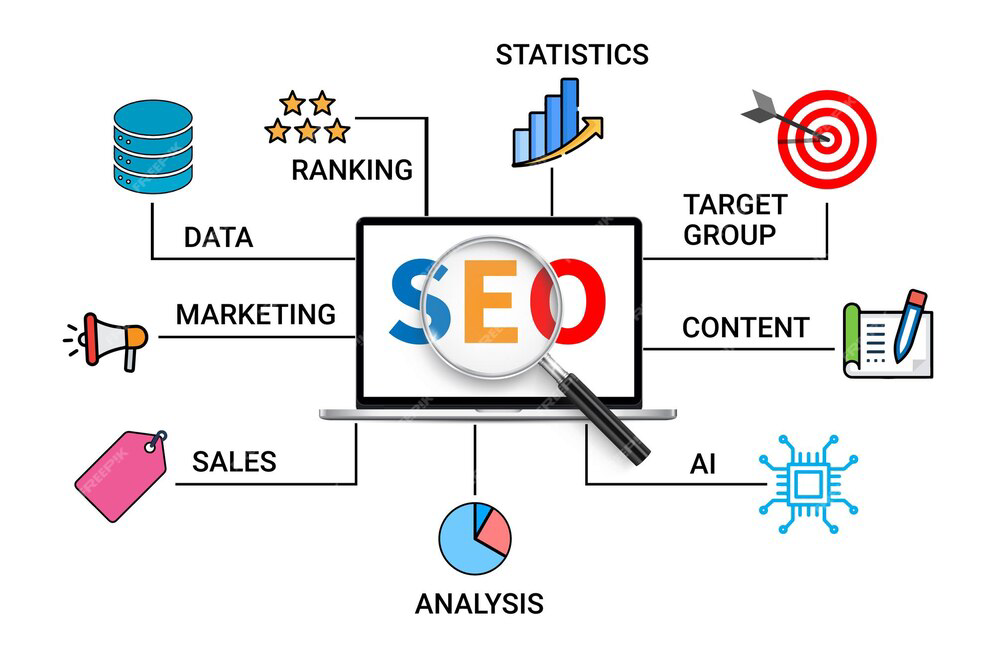
Optimize Your Website for Local Keywords
To attract local customers, optimize your website content with local keywords. Conduct keyword research focusing on terms that include your city, region, or neighborhood. Incorporate these keywords naturally into your meta descriptions, titles, headers, and content. Create location-specific landing pages if your business serves multiple areas. This targeted approach improves your chances of appearing in local search results when potential customers are looking for products or services like yours nearby.
Build Local Citations
Local citations are online mentions of your business's NAP information on various websites and directories. Ensure your business is listed accurately on popular local directories such as Yelp, Yellow Pages, TripAdvisor, and industry-specific directories. Consistency is key; verify that your NAP details match across all platforms. Quality citations from authoritative sites can improve your local SEO and credibility, signaling to search engines that your business is legitimate and relevant to local search queries.
Earn Positive Reviews
Customer reviews play a crucial role in local SEO and consumer decision-making. Encourage satisfied customers to leave reviews on your Google My Business profile and other relevant platforms. Respond to reviews promptly, whether they are positive or negative, as this demonstrates your commitment to customer satisfaction. Positive reviews not only influence potential customers but also contribute to your business's visibility in local search results.
Use Local Structured Data Markup
Implementing structured data markup (schema markup) on your website helps search engines understand your business and its location better. Include local business attributes such as address, phone number, business hours, and customer reviews in your markup. This structured data can enhance your listings in search engine results pages (SERPs) with rich snippets, making your business more appealing and accessible to local searchers.
Optimizing Your Website for Search Engines
In the competitive landscape of online visibility, optimizing your website for search engines is essential for attracting organic traffic and achieving business goals. Here are
- Keyword Research: Identify relevant keywords your target audience uses. Integrate them naturally into your website content, including titles, headings, and meta descriptions.
- On-Page Optimization: Ensure your website is technically sound and user-friendly. Improve loading speed, mobile responsiveness, and navigation to enhance user experience (UX).
- Quality Content: Create valuable, engaging content that addresses your audience's needs. Regularly update and diversify content types (blogs, videos, infographics) to keep visitors engaged.
- Link Building: Build high-quality backlinks from reputable sites to improve your website's authority and trustworthiness in search engine algorithms.
Conclusion
Integrating SEO services into your marketing plan is not just advantageous but essential in today's digital landscape. By leveraging SEO strategies effectively, businesses can enhance their online visibility, attract targeted traffic, and ultimately increase conversions. Whether you're a startup looking to establish a strong online presence or an established company aiming to stay ahead of competitors, SEO offers a powerful toolkit to achieve these goals.
At Ideation Digital Marketing in Charleston, WV, we specialize in crafting customized SEO solutions tailored to meet your specific business objectives. Our experienced team understands the intricacies of SEO—from keyword research and on-page optimization to content marketing and link building. We're dedicated to driving measurable results that align with your overall marketing strategy. For expert guidance on integrating SEO into your marketing plan or to explore our comprehensive digital marketing services, feel free to contact us at (304) 814-2445. Let's optimize your online presence and propel your business to new heights together.
